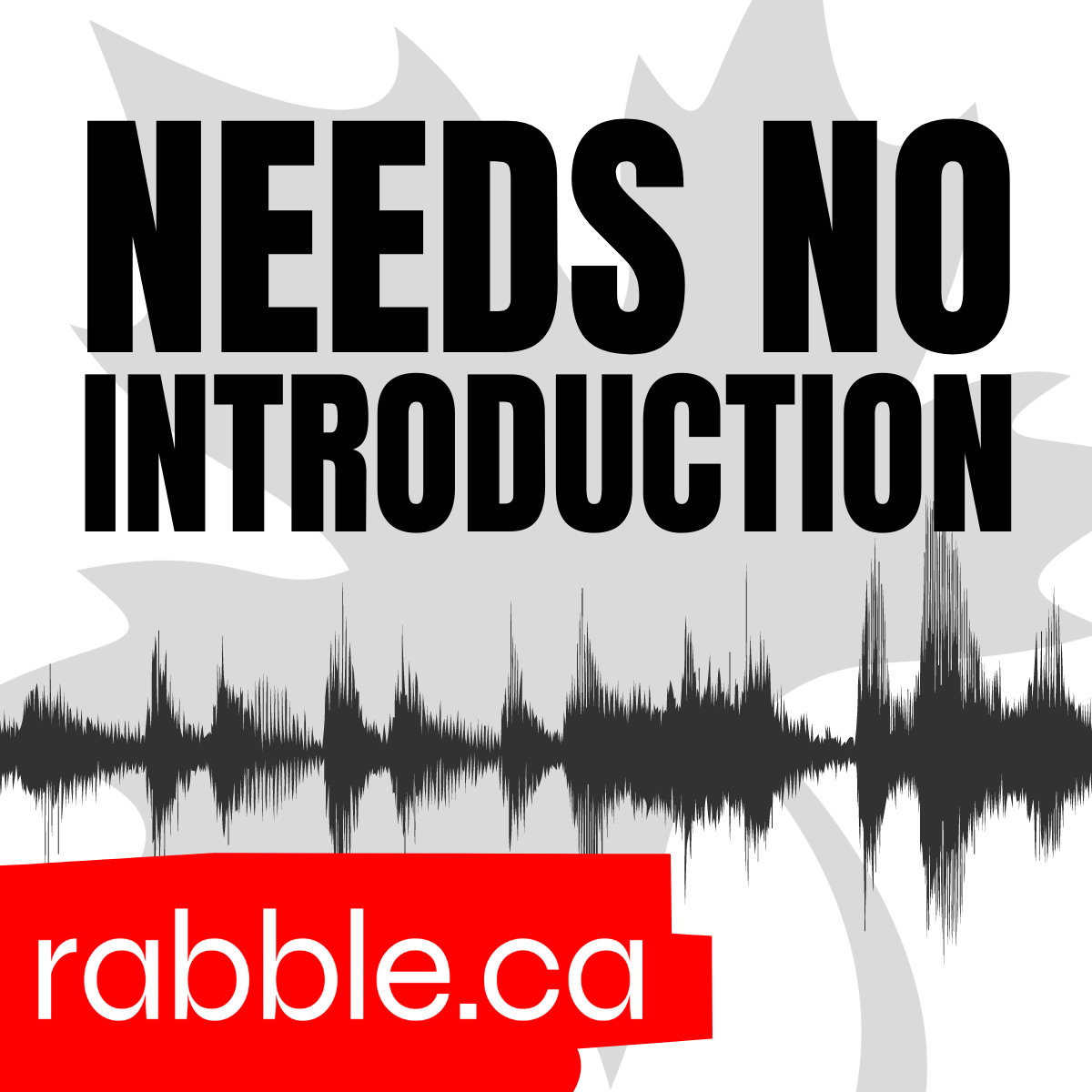In 2012, the Attawapiskat reserve in Northern Ontario was deemed to be experiencing a housing crisis and put under third-party management. In the months that followed, the Federal Court reserved the decision, pointing out that the government’s imposition of a third-party manager failed to address the systemic issues that had led to the crisis in the first place. While the ruling was deemed a victory for the community, the situation highlighted the complex and challenging reality facing Indigenous people in Canada.
From higher rates of unemployment and rates of children in foster care to allegations of racism in health care, the discrimination experienced by Indigenous people in Canada is impossible to deny. Yet this discrimination goes beyond individual attitudes to the structures of society itself, including the structures meant to ensure an equal standing for all. On January 22, Halifax’s Central Library hosted a panel discussion exploring Indigenous perspectives on law and rights and how the legal system in Canada affects and often undermines the standing of Indigenous people.
The panel consisted of Karen Drake (Metis), a professor of law at Lakehead Universitywhose research focuses on the intersection between liberalism and Aboriginal rights; Naoimi Metallic (Mi’gmaq), a Halifax-based lawyer who works in Aboriginal law as well as human and constitutional rights; Sherry Pictou (Mi’gmaq), a PhD Candidate at Dalhousie University, focusing on social action in Indigenous and global contexts.
They discussed the complexities and complications of Aboriginal title, the ways in which not only discriminatory laws, but also the lack of sufficient legal structures, exacerbate the poverty and social problems experienced by those living on reserves, and the effect of neo-liberalization and privatization on not only Indigenous and treaty rights but also civil liberties.



